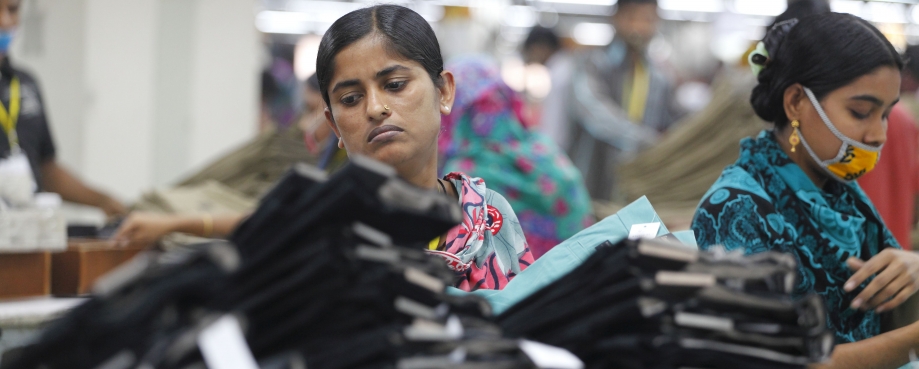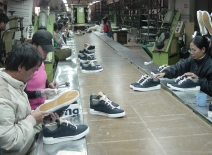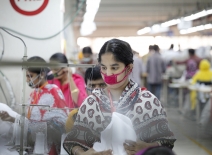
Modern slavery is a complex problem. There are no simple solutions. But we can learn some important lessons from studying what works and what doesn’t.
Workers are not just victims of modern slavery. They are also agents with fundamental rights at work.
Workers have the right to freedom of association, decent work, and should not face physical threats and coercion, or be discriminated against.
They have the right to remediation when their rights are violated. Worker organisation and collective representation through an independent, representative, free and democratic trade union is the best means to secure all the other rights at work, and to prevent forced labour, modern slavery and human trafficking.
In some places, trade unions are stepping up to organise workers on precarious contracts, working in the informal economy in temporary or restricted jobs. Migrant worker organisations and some informal worker unions are springing up to represent these workers, many of them women or men from communities where they have been denied a decent education or access to skilled, better paid jobs.
Some multinationals are developing Global Framework Agreements with trade union federations that establish the terms for mature industrial relations, in which negotiation is the basis for resolving issues. These agreements include provisions for remediation and compensation when workers are treated unfairly. Some countries have established tripartite national forums involving governments, employers and workers’ representatives to agree labour legislation, review and revise regulations as needed.
But the workers that are most vulnerable to or are subjects of exploitation and abuse are the least likely to belong to a trade union, and as such are denied the opportunity to collectively negotiate the terms and conditions of their work.
Despite their universally agreed basic rights at work, they generally don’t raise complaints or use a grievance mechanism - either because it doesn’t exist, or because they don’t understand or trust the system. They will do anything they can to avoid losing their jobs or being deported. They do this because they have no other way to pay back their debts and send money back to families, who depend on their wages.
By far the most effective, cost efficient and sustainable solutions are to be found in changing attitudes and systems that give more power to workers to negotiate the terms and conditions of their work – directly with their employers. That would generate better workplaces, more productive, engaged workers that feel valued because they are treated with dignity. It would reduce turnover, absenteeism and prevent strikes. It would avoid audits, prevent scandals in the media, and ensure there are no surprises.
Modern slavery – what helps?

Thoughtful partnering and the need to add value

Lessons on government action and what more is needed

Transparency drives better information and corporate accountability

